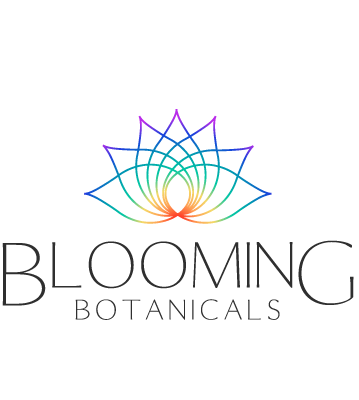Let’s breakdown the biggest differences of CBG vs CBD. CBG (cannabigerol) and CBD (cannabidiol) are both non-psychoactive cannabinoids that we can find in the cannabis plant.
Both CBG and CBD have shown potential for wellness, but the mechanisms of action and potential effects may differ.
Is CBG Psychoactive?
No, CBG (cannabigerol) is not psychoactive. CBG is a non-psychoactive cannabinoid thats found in the cannabis plant. This means it doesn’t produce the characteristic “high” associated with THC (tetrahydrocannabinol).

While CBG may be present in cannabis strains that also contain THC, CBG itself does not have significant amounts of THC.
CBG may interact with the endocannabinoid system, which plays a role in regulating various physiological processes, but it does not produce psychoactive effects.
However, we note that some CBG products may have trace amounts of THC due to contamination in the manufacturing process or if they contain full-spectrum CBD.
If you wish to avoid any psychoactive effects or potential THC detection in a drug test, Select CBG products labeled as THC-free or containing only isolates.
CBG For Possible Pain Management
CBG (cannabigerol) may have potential for pain relief due to its analgesic properties.
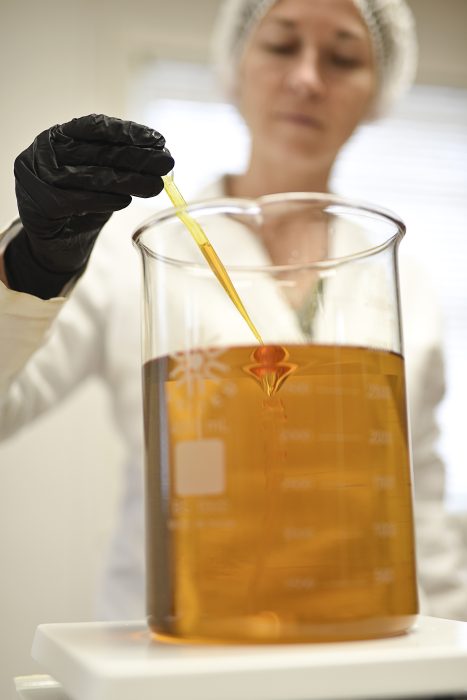
Cannabigerol (CBG) interacts with the body’s endocannabinoid system. This system has been shown to play a role in regulating pain perception, among other physiological processes.
A study published in the Journal of Natural Products found that CBG may have potent pain-relieving effects. The study found that CBG reduced pain and inflammation in mice with inflammatory bowel disease.
Another study published in the European Journal of Pharmacology found that CBG may have potential for pain relief in conditions such as neuropathic pain, which can be resistant to traditional pain medications.
However, more research is needed to fully understand the potential of CBG for pain relief. To determine its safety and effectiveness for various types of pain.
It’s also important to consult with a healthcare provider before using CBG or any other cannabinoid product for pain relief.
CBN vs CBG vs CBD
The cannabis plant contains non-psychoactive cannabinoids such as CBN (cannabinol), CBG (cannabigerol), and CBD (cannabidiol). Each of these are shown to offer different potential therapeutic effects. Read more to compare CBG vs CBD.
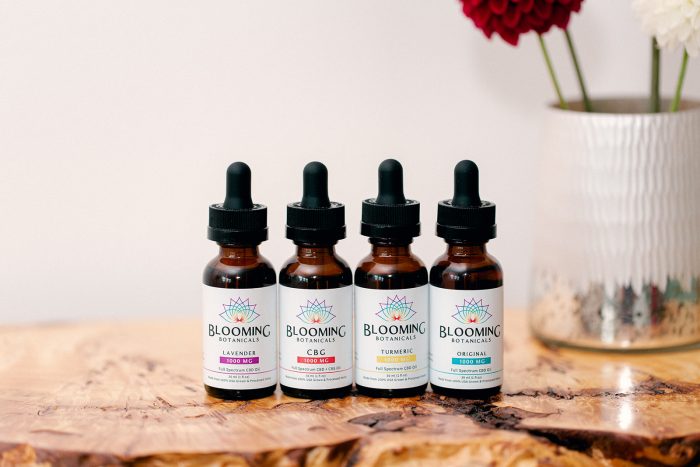
Here’s a comparison of CBN vs CBG vs CBD:
| Cannabinoid | Description | Potential therapeutic effects |
| CBN | CBN is a degradation product of THC. This means it is formed when THC is exposed to air and light over time. CBN is mildly psychoactive and may have sedative effects. | May have potential for sedative effects and could be useful for promoting sleep. |
| CBD | CBD is a non-psychoactive cannabinoid that is known for its anti-inflammatory, analgesic, and anxiolytic properties. | May have potential for pain relief, anti-inflammatory effects, and reducing anxiety. |
| CBG | CBG is a non-psychoactive cannabinoid that is known for its potential neuroprotective, antibacterial, and anti-inflammatory properties. | May have potential for treating neurodegenerative disorders, reducing inflammation, and treating bacterial infections. |
While all three cannabinoids interact with the body’s endocannabinoid system, they have different mechanisms of action and potential therapeutic effects.
CBG For Sleep
CBG may have potential for improving sleep due to its interactions with the body’s endocannabinoid system.
The endocannabinoid system plays a role in regulating various physiological processes, including sleep-wake cycles.
While research on CBG specifically and sleep is limited, some studies have shown that other cannabinoids, such as THC and CBD, may have potential for improving sleep.
A study published in the Journal of Clinical Psychopharmacology found that THC reduced the time it took to fall asleep. It also increased total sleep time in people with sleep apnea.
Another study published in the Permanente Journal found that CBD may have potential for improving sleep in people with anxiety or insomnia.
More research is needed to fully understand the potential of CBG for improving sleep, it’s possible that CBG may also have sleep-promoting effects due to its interactions with the endocannabinoid system.
However, it’s important to consult with a healthcare provider before using CBG or any other cannabinoid product for sleep, especially if you have any underlying medical conditions or take any medications.
CBG vs CBD or is CBD and CBG Together better?
CBD (cannabidiol) and CBG (cannabigerol) are used together in combination to potentially enhance the therapeutic effects of each cannabinoid.
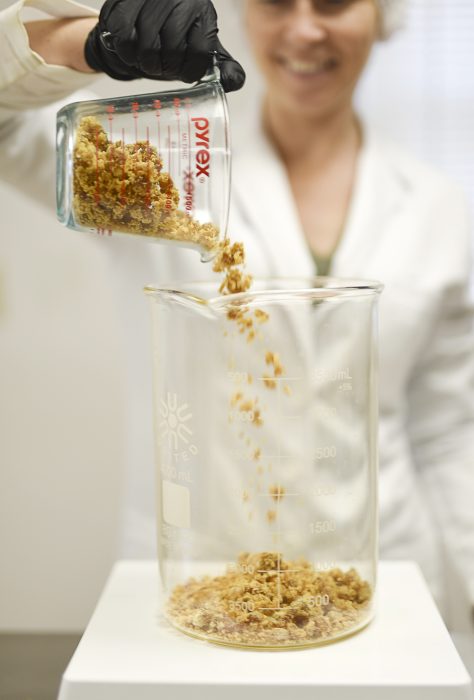
CBD exhibits anti-inflammatory, analgesic, and anxiolytic properties, while CBG demonstrates potential neuroprotective, antibacterial, and anti-inflammatory properties.
When used together, CBD and CBG may potentially enhance each other’s effects. This can provide a broader range of potential therapeutic benefits.
For example, a study published in the Journal of Natural Products found that CBG had potent anti-inflammatory effects and may have potential for treating inflammatory bowel disease.
CBD may also have anti-inflammatory properties. This could be useful for treating conditions such as arthritis and multiple sclerosis.
Researchers need to conduct more studies to gain a comprehensive understanding of the potential benefits of combining CBD and CBG and to determine the optimal dosing and ratio of the two cannabinoids.
CBG Effects On The Brain
CBG (cannabigerol) may have several effects on the brain due to its interactions with the endocannabinoid system.
Here are some potential effects of CBG on the brain:
Neuroprotective
CBG may have neuroprotective properties, which means it may help to protect the brain from damage and injury. Some studies suggest that CBG may be useful in the treatment of neurodegenerative disorders such as Parkinson’s disease and Huntington’s disease.
Anxiolytic
CBG may have potential for reducing anxiety due to its effects on the endocannabinoid system. CBG may increase levels of anandamide, an endocannabinoid that plays a role in regulating mood and anxiety.
The human body naturally produces anandamide, an endocannabinoid that actively participates in various physiological processes, including regulating mood, perceiving pain, and controlling appetite.
Antidepressant
CBG may have potential for treating depression due to its effects on the endocannabinoid system. CBG shows increased levels of anandamide which may also help to increase levels of the neurotransmitter serotonin, which is often targeted in antidepressant medications.
Analgesic
CBG may have potential for pain relief due to its analgesic properties. CBG interacts with the endocannabinoid system, which plays a role in regulating pain perception.
However, researchers need to conduct more studies to gain a comprehensive understanding of the potential effects of CBG on the brain and to ascertain its safety and effectiveness for various medical conditions.
Before using CBG or any other cannabinoid product for medical purposes, it’s important to consult with a healthcare provider.
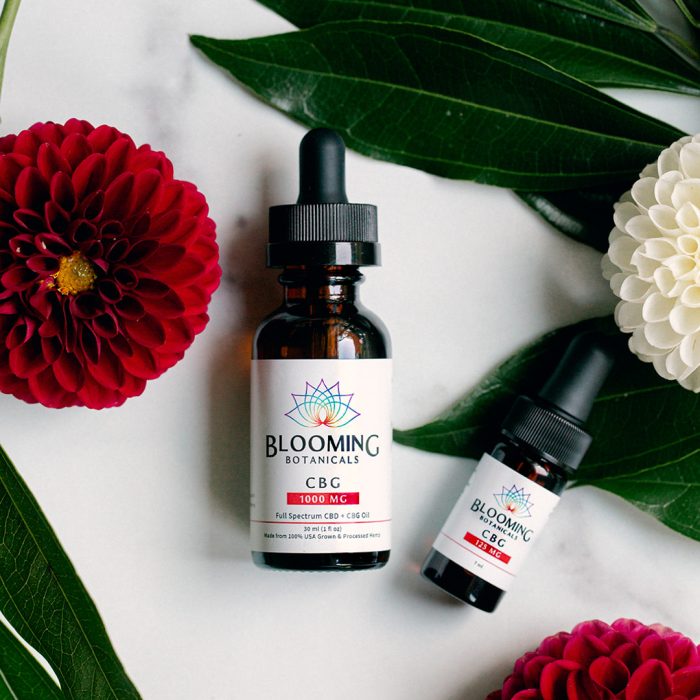
CBG Oil For Sale
You can purchase CBG (cannabigerol) oil from various sources, such as online retailers, brick-and-mortar dispensaries, and health and wellness stores.
When searching for CBG oil, it’s crucial to verify that it comes from a reputable supplier like Blooming Botanicals and that it has undergone purity and potency testing.
Seek CBG oil products tested by third-party labs that offer a certificate of analysis (COA) to confirm the precise amount of CBG and other cannabinoids present in the product.
CBG oil can come in various forms, including oils, capsules, tinctures, topicals, and edibles.
When choosing a CBG oil product, consider your preferred method of consumption, the dose you require, and any other ingredients that may be present in the product.
It’s also important to consult with a healthcare provider before using CBG oil or any other cannabinoid product for medical purposes.
